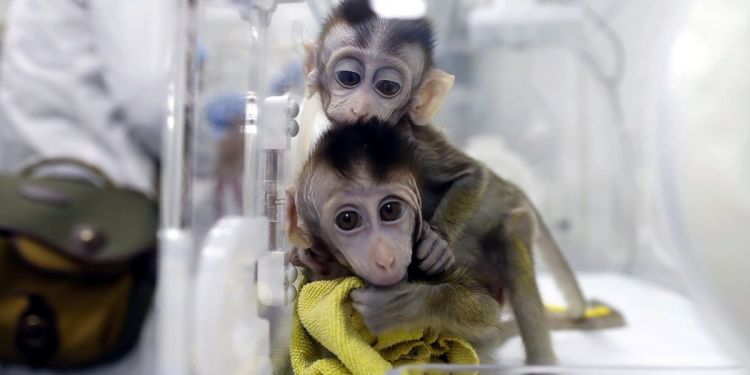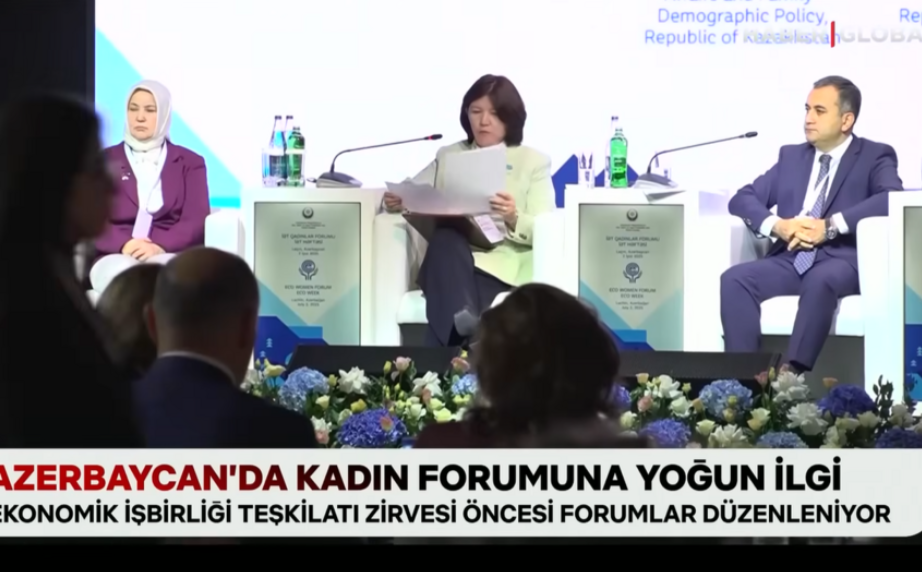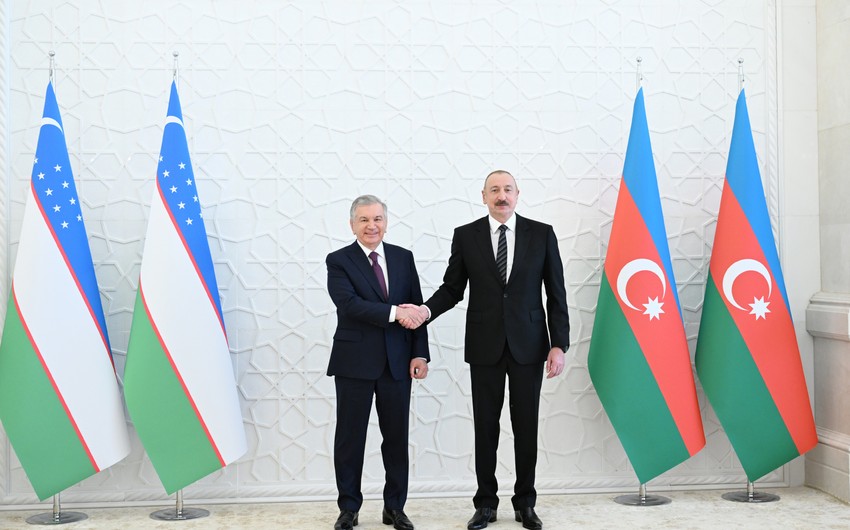Although such experiments could help develop new drugs in future, the experiment is likely to raise fresh ethical concerns about the mass cloning of animals with medical conditions induced by humans.
The announcement also follows the recent confirmation that world’s first gene-edited human babies have been born in China, following an unauthorised experiment that has caused widespread disquiet in the scientific community.
In the latest research, a team from the Institute of Neuroscience at the Chinese Academy of Sciences used a genetic editing tool known as CRISPR/ Cas9 to knock out a gene known as BMAL1 from healthy embryos, according to paper published in the National Science Review on Thursday.
All five macaques were born with identical genes, which include the mutation.
The absence of the BMAL1 gene will affect the operation of the animals’ biological clocks, and could induce a wide range of diseases, sleep problems, nighttime hyperactivity, hormonal disorders, depression and even schizophrenia.
The researchers have already bred a group of gene-edited monkeys and the latest experiment involved cloning an adult male that had displayed the most severe symptoms.
“Our approach is to … select one monkey that exhibits the correct gene-editing and most severe disease phenotypes as the donor monkey for cloning,” Sun Qiang, the scientist who led the study, said in a press statement.
China is at present the only countrythat has the technology to clone a primate, announcing the birth of two healthy cloned monkeys last year.
For decades, researchers around the world had struggled to achieve this scientific know-how because some proteins were easily damaged in the cloning process.
The damaged proteins affected chromosomes’ ability to divide, which meant the fetus always died at the later stage of development. This continued until last year’s breakthrough, which used technology that remains a secret.
In the latest study, Sun’s team injected the nucleus from a genetically altered adult male into an egg and planted the fertilised embryo in the womb of a surrogate mother.
More than 300 embryos were created this way, but only five fully developed.
“The efficiency is still very low. It remains a big problem for the cloning technology,” said another Shanghai-based life scientist who was informed about the study but had not taken part in it.
The researcher, who asked not to be named due to the issue’s sensitivity, said the cost of the process would still be worth it for drug companies.
“When they develop a new drug, they need to conduct a large number of animal tests to evaluate its performance and adverse effects. The differences between individual animals could severely affect the reliability of these results,” he said.
But using cloned monkeys would allow researchers to give them different doses of the same drug and then precisely measure the effects.
Chang Hung-Chun, a researcher who took part in the study, said that creating primates with bio-clock problems could help develop treatments for a range of human medical conditions, including sleep disorders, diabetes, cancer and neuro-degenerative diseases.
“Our BMAL1-knock out monkeys therefore could be used to study the disease pathogens as well as therapeutic treatments,” he added.
The rapid advancement of biological technology in China has prompted growing ethical concerns.
He Jiankui, a Shenzhen-based biologist, announced that he had created two genetically-edited baby girls last year, prompting criticism globally.
Earlier this month, Chinese investigators confirmed the birth of the gene-edited babies nicknamed Lula and Nana and said a woman who took part in He’s unauthorised experiment was pregnant with another gene-edited fetus.
The investigators told state news agency Xinhua that He, his staff and organisations linked to his project would be punished as dictated by laws and regulations.
But Poo Mu-ming, director of the institute of neuroscience and co-author of the new study, said the monkey-cloning experiment aimed to improve the welfare of experimental animals.
“This line of research will help to reduce the amount of macaque monkeys currently used in bio-medical research around the world,” he said.
“Without the interference of genetic background, a much smaller number of cloned monkeys carrying disease phenotypes may be sufficient for pre-clinical tests,” he said.










